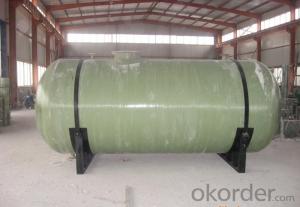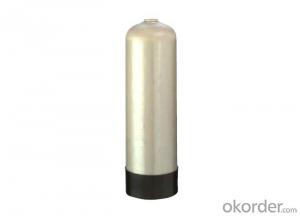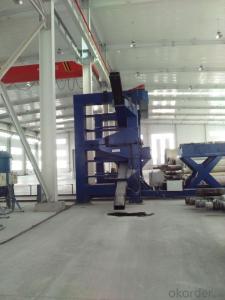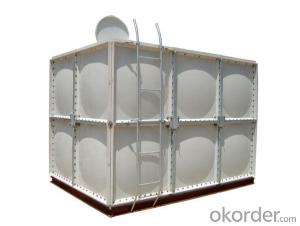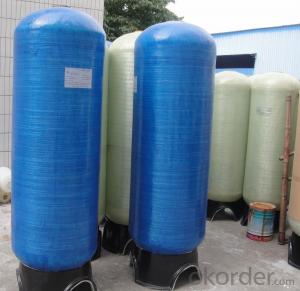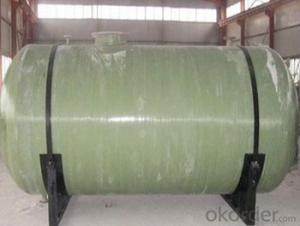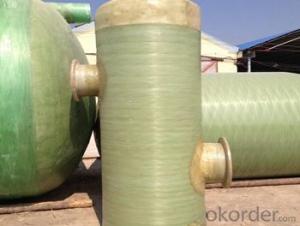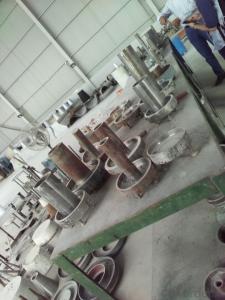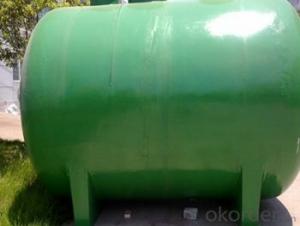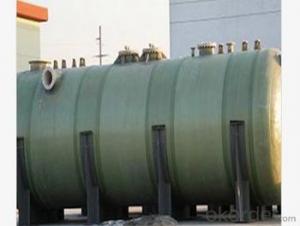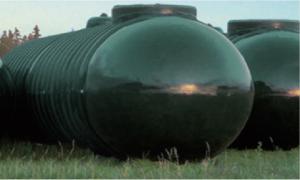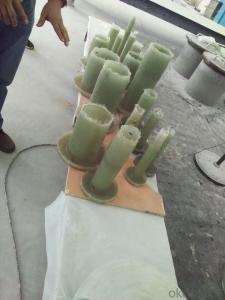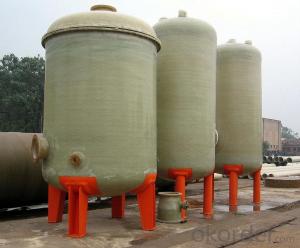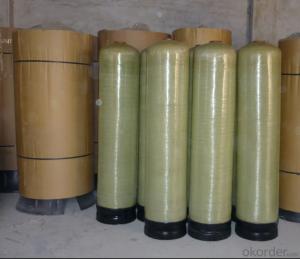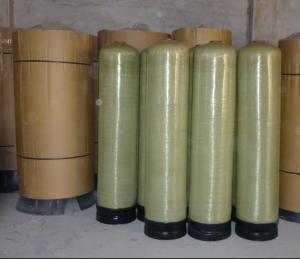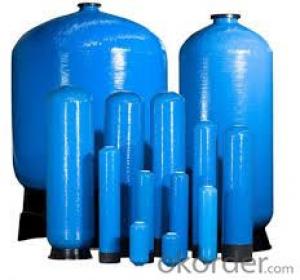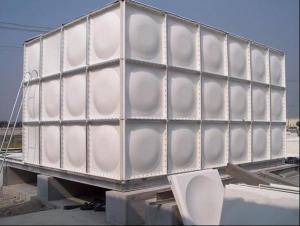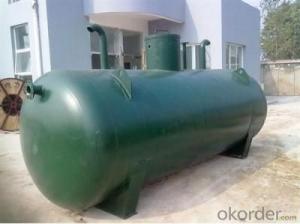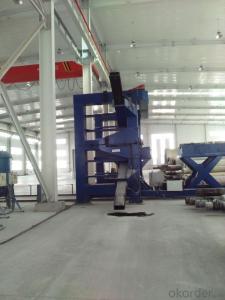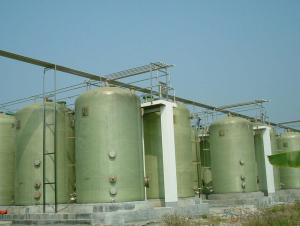All Categories
- - Steel Wire Rod
- - Steel Coils
- - Steel Profiles
- - Steel Pipes
- - Stainless Steel
- - Tinplate
- - Special Steel
- - Steel Sheets
- - Steel Rebars
- - Steel Strips
- - Hot Rolled Steel
- - Cold Rolled Steel
- - Pre-painted Steel
- - Seamless Steel Pipe
- - Welded Steel Pipe
- - Hollow Steel Tubes
- - Galvanized Pipe
- - Stainless Steel Coil
- - Stainless Steel Sheet
- - Stainless Steel Plate
- - Stainless Steel Strips
- - Electrolytic Tinplate Coil
- - Electrolytic Tinplate Sheet
- - Stainless Steel Rebars
- - Solar Panels
- - Solar Water Heater
- - Solar Related Products
- - Solar Inverter
- - Solar Cells
- - Solar Light
- - Solar Energy Systems
- - Solar Controllers
- - Solar Mounting System
- - Solar Pump
- - Solar Chargers
- - Fiberglass Chopped Strand
- - Fiberglass Mesh Cloth
- - Composite Pipes
- - FRP Pultrusion Profiles
- - Fiberglass Mat Tissue
- - Fiberglass Fabrics
- - Fiberglass Mesh
- - Composite Tank
- - Fiberglass Mesh tape
- - Polymer
- - FRP Roofing Panel
- - Fiberglass Roving
- - Monolithic Refractories
- - Ceramic Fiber Products
- - Refractory Bricks
- - Raw Materials For Refractory
- - Suspended Platform
- - Cranes
- - Concrete Machinery
- - Earthmoving Machinery
- - Building Hoist
- - Road Building Machinery
- - Plastic Pipe Fittings
- - Plastic Tubes
- - Plastic Sheets
- - Agricultural Plastic Products
- - Plastic Nets
 All Categories
All Categories
Q & A
What advancements in advanced composites are enhancing the strength and durability of tanks?
One major advancement in advanced composites that is enhancing the strength and durability of tanks is the use of carbon fiber reinforced polymer (CFRP) materials. These composites offer high strength-to-weight ratios, excellent fatigue resistance, and improved corrosion resistance, making them ideal for tank applications. Additionally, the development of advanced manufacturing techniques such as automated fiber placement and resin transfer molding allows for precise and uniform distribution of the composite materials, resulting in increased strength and durability of tanks.
What is the role of ultrasonic testing in inspecting composite tanks?
The role of ultrasonic testing in inspecting composite tanks is to detect and evaluate any internal defects or damage that may compromise the structural integrity of the tank. Ultrasonic waves are used to penetrate the tank walls and measure the time it takes for the sound waves to reflect back, allowing for the identification of any internal flaws, such as delaminations, voids, or fiber breakages. This non-destructive testing technique helps ensure the safety and reliability of composite tanks by detecting any potential issues early on, allowing for timely maintenance or repair actions to be taken.
Can composite tanks be used for transportation purposes?
Yes, composite tanks can be used for transportation purposes. Composite materials, such as carbon fiber reinforced polymers, are lightweight and have high strength-to-weight ratios, making them ideal for various transportation applications. These tanks can be used for storing and transporting gases, liquids, or other materials in industries like aerospace, automotive, and marine. They offer advantages such as corrosion resistance, fuel efficiency, and increased payload capacity, making them a viable option for transportation needs.
Can composite tanks be used in the nuclear industry?
Yes, composite tanks can be used in the nuclear industry. Composite materials, such as carbon fiber reinforced polymers, offer advantages such as high strength, corrosion resistance, and low weight, which make them suitable for various applications in the nuclear industry, including storage, transport, and containment of nuclear materials. However, stringent regulations and rigorous testing must be adhered to ensure the safety and reliability of composite tanks in nuclear environments.
Wholesale Composite Tank from supplier in Iceland
Our team of experts at CNBM Iceland is dedicated to providing top-notch services for all your Composite Tank needs. Whether you require sales assistance, quotes, or technical support, we have you covered. As a subsidiary of CNBM, a Fortune Global 500 company, we have the resources and capabilities to meet all your procurement requirements.
With our extensive product range, we offer a wide variety of Composite Tanks to suit your specific needs. Whether you are in the industrial, commercial, or residential sector, we have the perfect solution for you. Our Composite Tanks are known for their durability, reliability, and excellent performance.
What sets us apart is our in-depth market development experience in Iceland. We understand the unique challenges and requirements of the region, allowing us to provide invaluable expertise for your projects. Our team is familiar with the local regulations and industry standards, ensuring that our Composite Tanks meet all the necessary specifications.
We take pride in our commitment to customer satisfaction. We strive to provide exceptional service and support throughout your entire venture. Whether you are starting a new project or need to replace an existing tank, our team will guide you through the entire process, from product selection to installation.
Discover the power of our Composite Tanks and let us support your ventures in Iceland. Contact us today for more information, sales inquiries, or technical assistance. We look forward to working with you and providing the best Composite Tank solutions for your projects.
With our extensive product range, we offer a wide variety of Composite Tanks to suit your specific needs. Whether you are in the industrial, commercial, or residential sector, we have the perfect solution for you. Our Composite Tanks are known for their durability, reliability, and excellent performance.
What sets us apart is our in-depth market development experience in Iceland. We understand the unique challenges and requirements of the region, allowing us to provide invaluable expertise for your projects. Our team is familiar with the local regulations and industry standards, ensuring that our Composite Tanks meet all the necessary specifications.
We take pride in our commitment to customer satisfaction. We strive to provide exceptional service and support throughout your entire venture. Whether you are starting a new project or need to replace an existing tank, our team will guide you through the entire process, from product selection to installation.
Discover the power of our Composite Tanks and let us support your ventures in Iceland. Contact us today for more information, sales inquiries, or technical assistance. We look forward to working with you and providing the best Composite Tank solutions for your projects.
